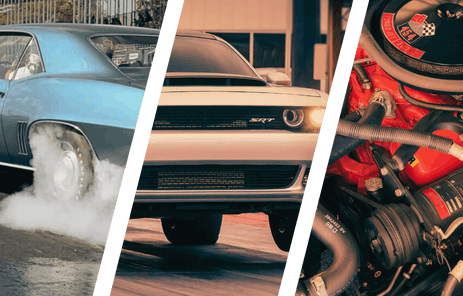 In an era of almost every automotive manufacturer, including cars and trucks, offering up semi-customized examples of their vehicles at auto shows and consumer events, encouraging customers to do the same, one has clearly stated that it does not want its customers tailoring their vehicles to suit their personality or lifestyle.
In an era of almost every automotive manufacturer, including cars and trucks, offering up semi-customized examples of their vehicles at auto shows and consumer events, encouraging customers to do the same, one has clearly stated that it does not want its customers tailoring their vehicles to suit their personality or lifestyle.
 That company would be Tesla, the high-profile and high-end producer of the very “in” electric sports sedan that has most of the automotive world talking. However, now Tesla is doing the talking. Or we should say that according to verbiage published in its most recent annual report, it is not happy at all with the concept of Tesla owner’s altering their vehicles. Below is the passage from the 2015 Tesla annual report.
That company would be Tesla, the high-profile and high-end producer of the very “in” electric sports sedan that has most of the automotive world talking. However, now Tesla is doing the talking. Or we should say that according to verbiage published in its most recent annual report, it is not happy at all with the concept of Tesla owner’s altering their vehicles. Below is the passage from the 2015 Tesla annual report.
“If our vehicle owners customize our vehicles or change the charging infrastructure with aftermarket products, the vehicle may not operate properly, which could harm our business. Automobile enthusiasts may seek to “hack” our vehicles to modify its performance which could compromise vehicle safety systems. Also, we are aware of customers who have customized their vehicles with after-market parts that may compromise driver safety.”
“For example, some customers have installed seats that elevate the driver such that airbag and other safety systems could be compromised. Other customers have changed wheels and tires, while others have installed large speaker systems that may impact the electrical systems of the vehicle. We have not tested, nor do we endorse, such changes or products. In addition, customer use of improper external cabling or unsafe charging outlets can expose our customers to injury from high voltage electricity. Such unauthorized modifications could reduce the safety of our vehicles and any injuries resulting from such modifications could result in adverse publicity which would negatively affect our brand and harm our business, prospects, financial condition and operating results.”
We can understand concerns about altering a vehicle in such a way that negatively impacts safety, but changing wheels and tires is one of the most basic methods through which a new buyer usually customizes any vehicle to reflect his or her personal tastes and lifestyle. Does this mean Tesla will no longer warranty a vehicle if you alter it? That remains to be seen, but the company seems to think customization is a bad thing for its business. What do you think? Let us know in the Comments section below.
You might also like
First Official Winner of the 2026 TMI TRIM Road Tour Announced
The first official winner of the 2026 TMI TRIM Road Tour announced at GNRS is a 1955 Chevy Bel Air featuring a custom TMI interior.



